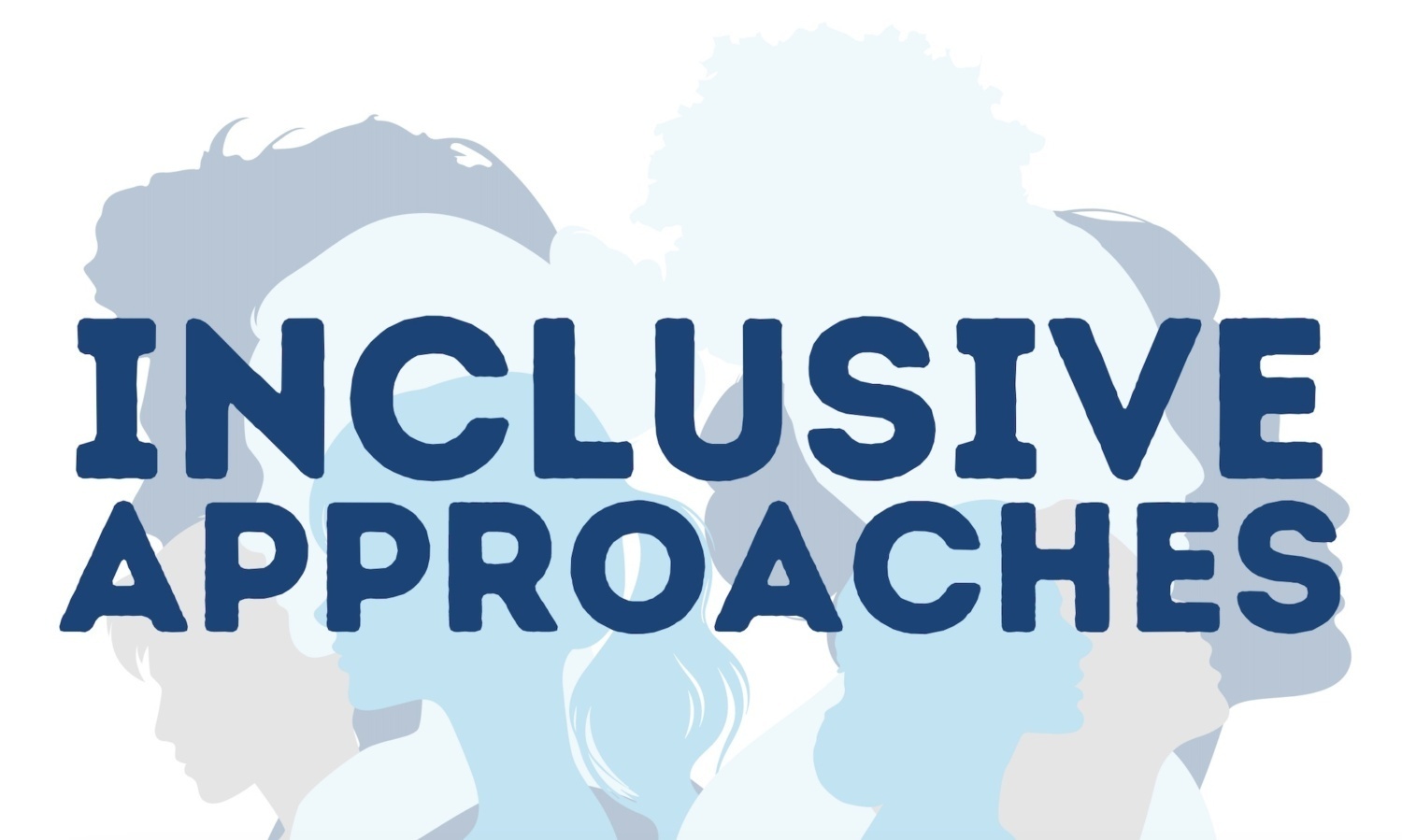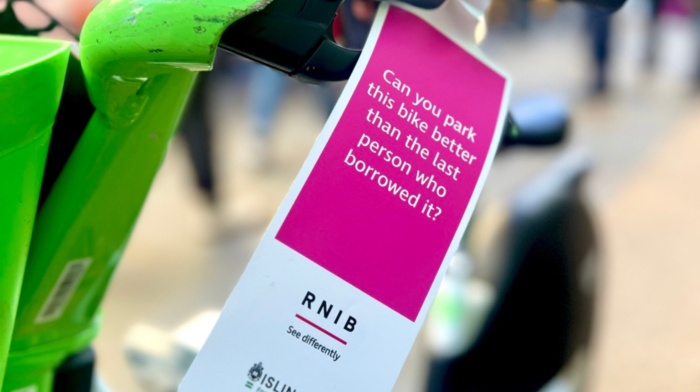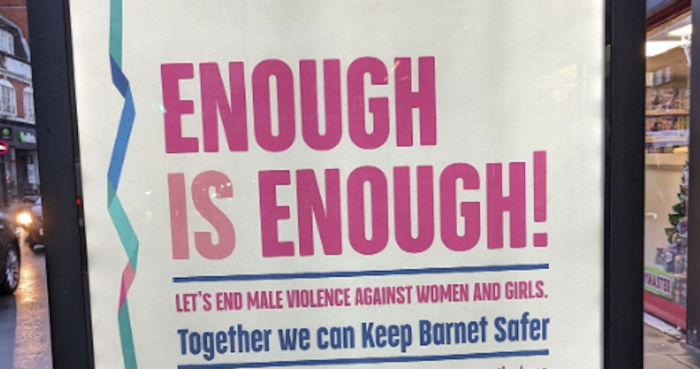
In my first project with the legendary founders of Behaviour Change, David and Rob, I executed a test-and-learn project which evaluated the impact of embedding behavioural science within money management support for young social housing tenants. You can read more detail here, but I wanted to highlight my personal key learning from this project:
"No matter how well-resourced and well-intentioned a strategy may be, the impact on behaviour change will always be inconsequential if the voices of the most marginalised target groups are not captured when seeking to understand behaviours and develop interventions which inspire positive action."
This is because the barriers they face tend to be systemic and/or value-driven, which can affect their cost-benefit analysis of changing behaviour. For example, if a social housing tenant only hears from their landlord when they are behind on rent, but their requests for maintenance seemingly go ignored, they are not going to be in the habit of engaging with the housing association when experiencing financial difficulty, even if there is an offer of support.
The Behaviour Change team and I have been collaborating on similar projects with the most marginalised voices. Our most recent collaboration was with the Royal National Institute for Deafness (RNID) on hearing health inequalities, which saw myself and Honica connect over the similarities in Black and Asian communities and the ways that the values of our elders (e.g. faith and family) could be embraced to inspire positive action.
Off the back of this project, Honica and I had many conversations about the importance of embedding cultural and familiar values into behaviour change work. We connected our expertise in social justice, climate justice and racial justice, and found that we are both ultimately trying to achieve (drumroll….) behavioural justice!
Inclusive Approaches was born out of our mission to lead the way towards 'behavioural justice'. We coined this term to reflect our commitment to systems change. By achieving behavioural justice in behaviour change approaches, we are supporting organisations to develop strategies and campaigns which inherently result in fair, equitable opportunities and outcomes for all. An inclusive approach to behaviour change will be a communal effort, dedicated to creating and sustaining a fair and equal society in which each person and all groups are valued and affirmed.
The next blog in our series will explore behavioural justice in more detail. You can learn more about Inclusive Approaches here and see how we can help you.
Share
RELATED ARTICLES

Introducing Inclusive Approaches
IA Blog Series: We're launching a new initiative at Behaviour Change called Inclusive Approaches
11/09/24
Read moreCase study

Let's hit the brakes on hire bikes
Honica shares the collaborative intervention that reduces bike obstructions across Islington
22/03/24
Read moreOpinion

Enough of ‘Enough is enough’
Kate shares why women deserve better messaging than 'enough is enough'
08/03/24
Read more